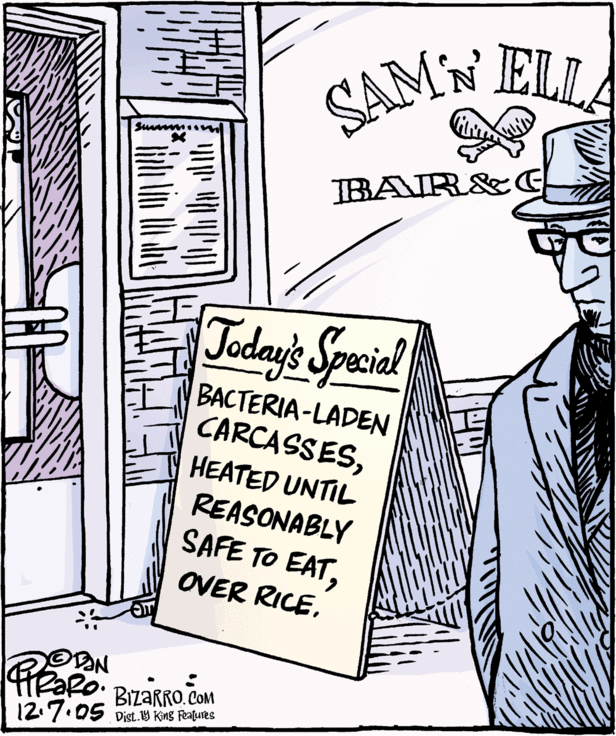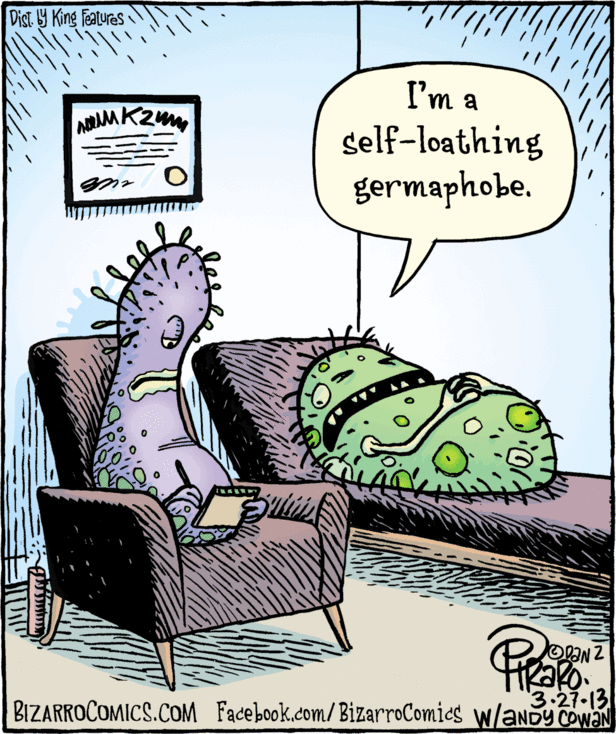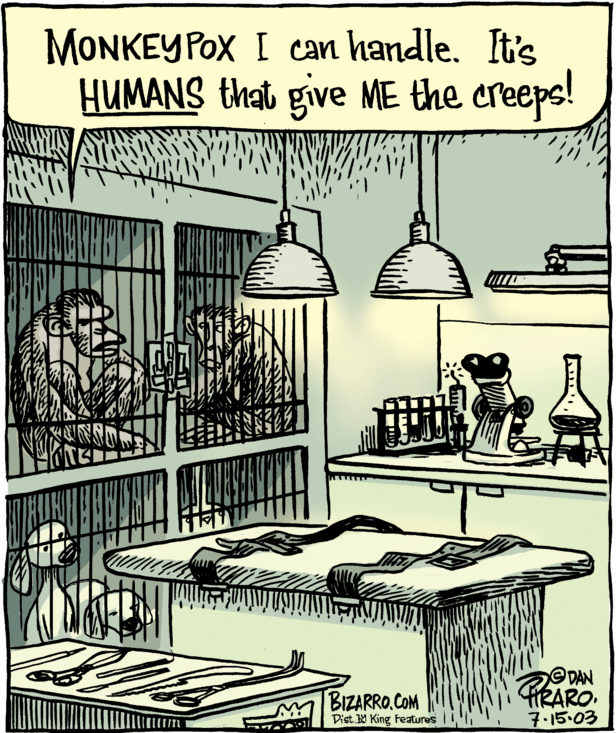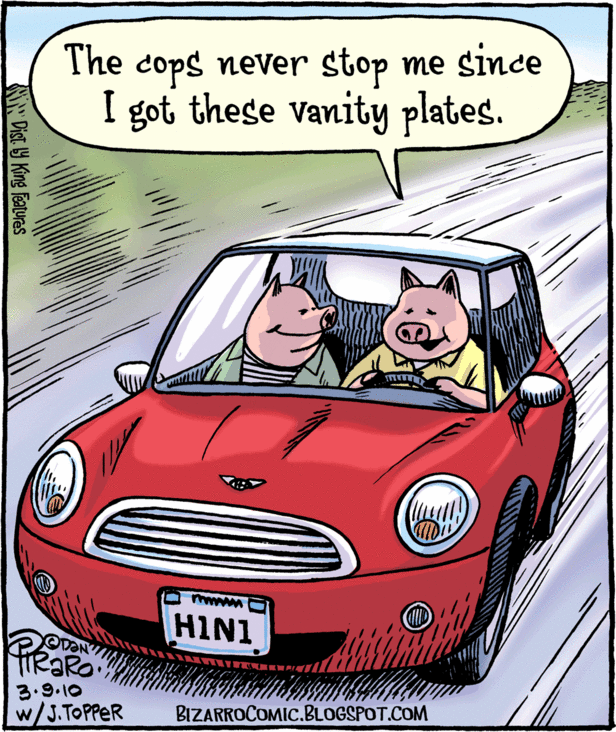
Note: If you haven't yet read The Vegan Pagan: Introduction, The Vegan Pagan: Interstice the First and The Vegan Pagan: Interstice the Second, I encourage you to do so before moving on to this entry.
This is the least intersectional and least spiritual of the entries I'll be writing on veganism and Paganism. The reason is simple. If a vegan diet is bad for your body, this conversation is over, and that's the way it should be. Conversely, if a vegan diet is good for your body, any spiritual work you undertake is enhanced by the benefit your diet brings you. I'll also be discussing relationships between the vegan diet and disease and the problem of antibiotic resistance as it relates to animal agriculture, since it also relates to food choices and public health.
Let's start with the big guns.
The Vegan Diet and Nutrition
"It is the position of the American Dietetic Association that appropriately planned vegetarian diets, including total vegetarian or vegan diets, are healthful, nutritionally adequate, and may provide health benefits in the prevention and treatment of certain diseases. Well-planned vegetarian diets are appropriate for individuals during all stages of the life cycle, including pregnancy, lactation, infancy, childhood, and adolescence, and for athletes." - Journal of the Academy of Nutrition and Dietetics
So according to the American Dietetic Association, vegetarian and vegan diets can meet the nutritional needs of the body. Having said that, let's look a little closer at the three specific nutrients most omnivores fear they might lose if they adopt a vegan diet.
Protein
The position paper has this to say about protein:
Plant protein can meet protein requirements when a variety of plant foods is consumed and energy needs are met. Research indicates that an assortment of plant foods eaten over the course of a day can provide all essential amino acids and ensure adequate nitrogen retention and use in healthy adults; thus, complementary proteins do not need to be consumed at the same meal."
Calcium
The position paper indicates that bok choy, broccoli, Chinese cabbage, collards, and kale are excellent sources of bioavailable calcium in higher concentrations than dairy milk, followed by sesame seeds, almonds and dried beans. This makes sense, since calcium is a mineral. Dairy animals do not produce it in their milk; they get it from eating plants. So can we, but the important take-away messages here are that (1) only a whole foods diet will supply sufficient calcium to meet our needs without supplementation, and (2) dark green vegetables are the best places to find that calcium.
Vitamin B12
The position paper recommends that vegans supplement their diets with Vitamin B12, and it's absolutely correct. Here's why:
"It’s true, plants don’t make B12. Animals don’t make it either. B12 is made by microbes that blanket the earth. These bacteria grow in the guts of animals, which is why their bodies and products can be a source of this vitamin. Our herbivore primate cousins get all they need ingesting bugs, dirt, and feces, and we may once have gotten all we needed by drinking out of mountain streams or well water. But now we chlorinate our water supply to kill off any bugs. So we don’t get a lot of B12 in our water anymore, but we don’t get a lot of cholera either—that’s a good thing!" - Vegan B12 deficiency: putting it into perspective
So because most of us don't drink unchlorinated water and don't eat vegetables without washing them first, we need another source of B12. Omnivores get it from eating animals and their secretions. Vegans supplement with fortified foods or B12 tablets.
Now that we've looked at these critical nutrients, let me ask the omnivores in the crowd about a few others. Where do you get your fiber? Your folate? Your magnesium? Your vitamin E? Studies show that while vegans tend to be deficient in three nutrients (calcium, iodine and B12), omnivores tend to be deficient in seven (calcium, iodine, fiber, folate, magnesium, vitamin C and vitamin E). This illustrates an important point. In the rush to condemn a vegan diet as nutritionally inadequate, many people overlook the nutritional inadequacies inherent to an omnivore diet. Ultimately, without the basic food supplementation in products such as iodized salt and fortified orange juice, both omnivores and herbivores would have to work harder to meet their basic nutritional needs.
This brings me to something Colleen Patrick-Goudreau has said: "We don't have diseases of deficiency. We have diseases of excess." In other words, the Western diet doesn't produce diseases like kwashiorkor, scurvy or rickets. It produces Type 2 diabetes, arteriosclerosis, heart disease and other lifestyle illnesses. And this is where the vegan diet is not simply equal to an omnivore diet in terms of its nutritional value. It is far superior.
The Vegan Diet and Disease
A well-cited PCRM article aggregates several discussions about the relationship between various types of cancer and the consumption of animal products, concluding that:
"Two themes consistently emerge from studies of cancer from many sites: vegetables and fruits help to reduce risk, while meat, animal products, and other fatty foods are frequently found to increase risk. Consumption of dietary fat drives production of hormones, which, in turn, promotes growth of cancer cells in hormone-sensitive organs such as the breast and prostate. Meat is devoid of the protective effects of fiber, antioxidants, phytochemicals, and other helpful nutrients, and it contains high concentrations of saturated fat and potentially carcinogenic compounds, which may increase one’s risk of developing many different kinds of cancer."
Conversely, vegetarian and vegan diets are associated with prevention of Type 2 diabetes and with increased control of the disease in those who suffer from it. In fact, the American Diabetes Association endorses vegetarian and vegan diets and offershelp in vegetarian and vegan meal planning for people with the disease. Moreover, a 2006 study in the Diabetes Care Journal points to an increase in glycemic control and a decrease in the need for diabetes medication in people who follow a vegan diet. So at the very least, a vegetarian diet is good for both prevention and management of Type 2 diabetes, while a fully vegan diet has been shown to offer even more benefit.
Of course, the most widely publicized benefits of the vegan diet have to do with the prevention of heart disease. President Clinton has adopted a near-vegan diet for this reason, and there is a great deal of evidence to support his decision. A recent University of Oxford study indicates that the risk of hospitalization or death from heart disease is 32 percent lower in vegetarians than people who eat meat and fish, while a number of Canadian cardiologists are now prescribing a vegan diet for heart disease before prescribing medication.
Anecdotally, I can attest to the efficacy of diet over medication in the treatment of heart disease and high blood pressure; both diseases run in my family. When I was a thirty-eight year old vegetarian, my blood pressure was 130/90 and my cholesterol was high enough that my doctor prescribed statins. Now I'm a forty-five year-old vegan, my blood pressure is a consistent 110/70 and my cholesterol is normal. I get to live longer because I eat a vegan diet, so even if I didn't care about the other benefits of veganism, my long-term health would be reason enough for me to be and remain vegan.
The Omnivore Diet, Animal Agriculture and Antibiotic Resistance
Now I'm going to turn the discussion a bit and write about an urgent public healthcare problem specifically related to the omnivore diet and industrial animal agriculture; namely, antibiotic resistance. Here is the situation, in brief:
“Antibiotics are widely used in food-producing animals, and according to data published by FDA, there are more kilograms of antibiotics sold in the United States for food-producing animals than for people… This use contributes to the emergence of antibiotic-resistant bacteria in food-producing animals. Resistant bacteria in food-producing animals are of particular concern because these animals serve as carriers. Resistant bacteria can contaminate the foods that come from those animals, and people who consume these foods can develop antibiotic-resistant infections. Antibiotics must be used judiciously in humans and animals because both uses contribute to not only the emergence, but also the persistence and spread of antibiotic-resistant bacteria.” - CDC Threat Report: Yes, Agricultural Antibiotics Play a Role in Drug Resistance (The full text of the report can be found here.)
Statistics vary, but the United States Food and Drug Administration estimates that 80% of antibiotics sold in the US are fed to livestock in sub-therapeutic doses without a prescription. Why? Because factory farms are so unsanitary that without these antibiotics, food animals are sickly and never reach an optimum sale weight. In these unsanitary conditions, antibiotic-resistant bacteria develop and are transported in meat to markets, where they end up in human bodies and become the culprits of antibiotic-resistant disease (MRSA Superbugs in Meat). In short, factory farms are driving the growth of antibiotic-resistant organisms that cause human diseases. The problem is so bad now that a recent World Health Organization report on antimicrobial resistance indicates that, "A post-antibiotic era – in which common infections and minor injuries can kill – far from being an apocalyptic fantasy, is instead a very real possibility for the 21st Century."
The only way to combat this threat is to stop feeding antibiotics to livestock, but that means food animals can no longer be raised on factory farms. And while the easy answer might be to switch from the factory-farming paradigm to a free-range, grass-fed paradigm, it simply isn't possible to meet global demand for meat, dairy and eggs in that way. So in order to slow the evolution of antibiotic-resistant bacteria and make certain our current medicines continue to work, we need to stop eating both animals and their secretions right now.
Conclusions
The vegan diet is nutritionally adequate, adept at the prevention and management of many lifestyle diseases and an important weapon in the battle to prevent antibiotic resistance. And while none of this information is specifically Pagan, I hope you'll agree it was an important first step in any further discussion of the intersections between veganism and Paganism. I should stress that this entry is only a broad survey of available information on the topics I've discussed, so I urge interested readers to investigate further. I should also stress that I am not a healthcare provider by profession but merely a well-read, long-time vegan, and this information is not intended as a substitute for your doctor's care. Finally, as always, thank you for reading! I hope you've enjoyed this first major installment in The Vegan Pagan series. I'll be back in a month with Part II.
Tags: pagansquare
















